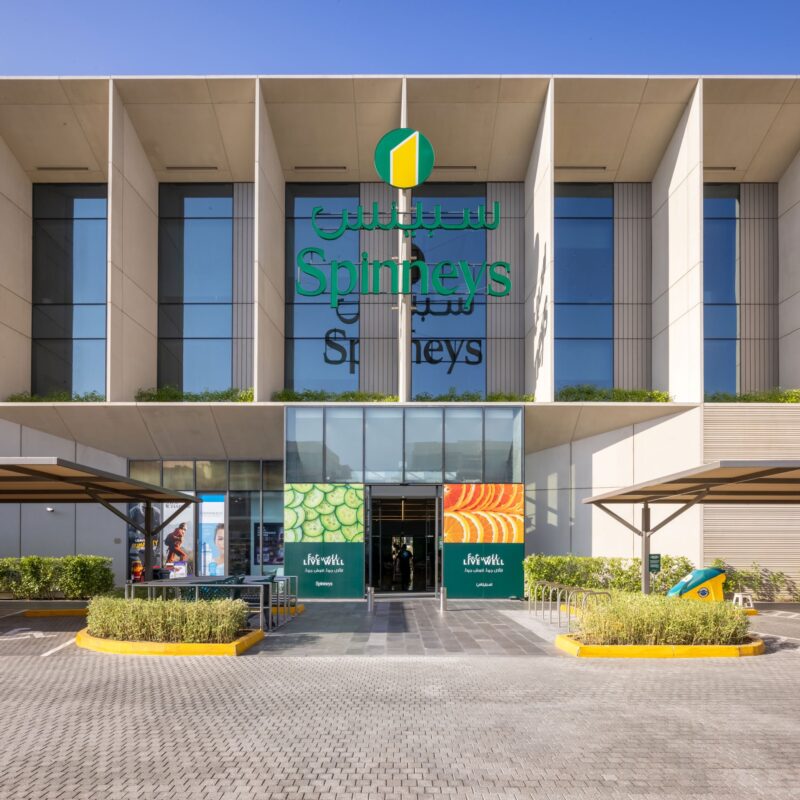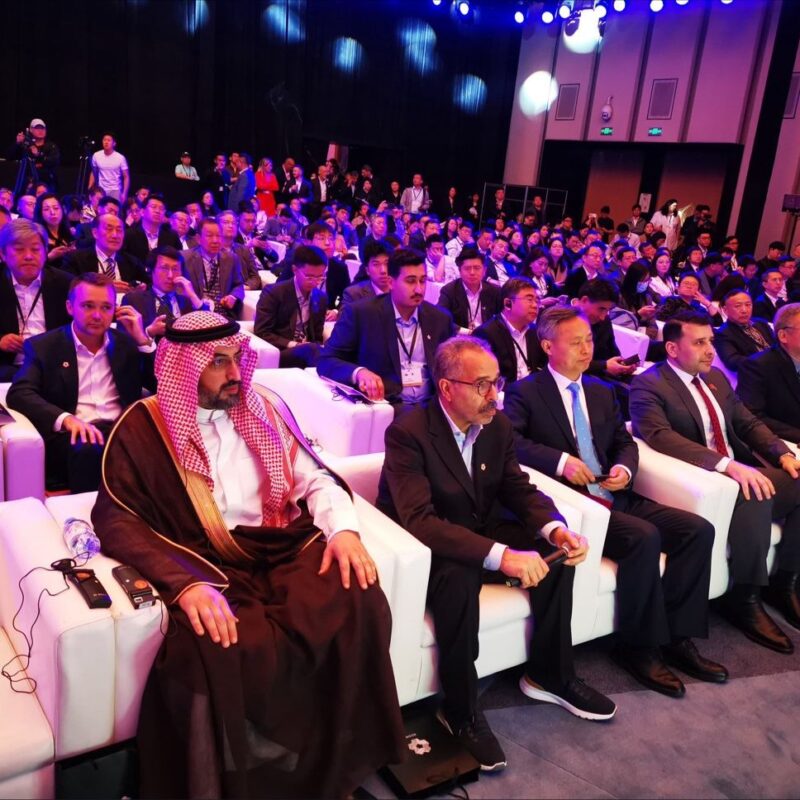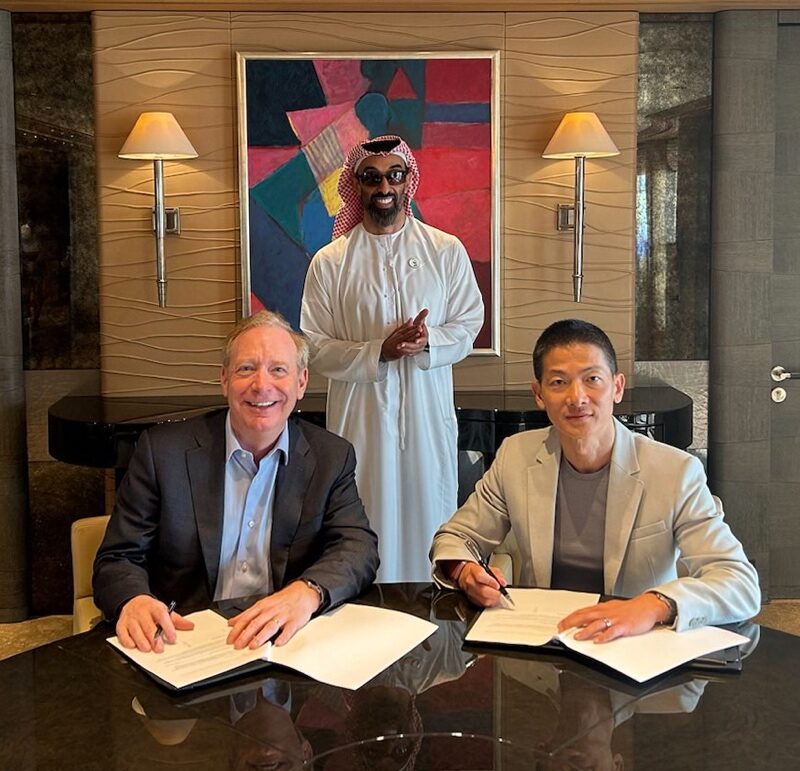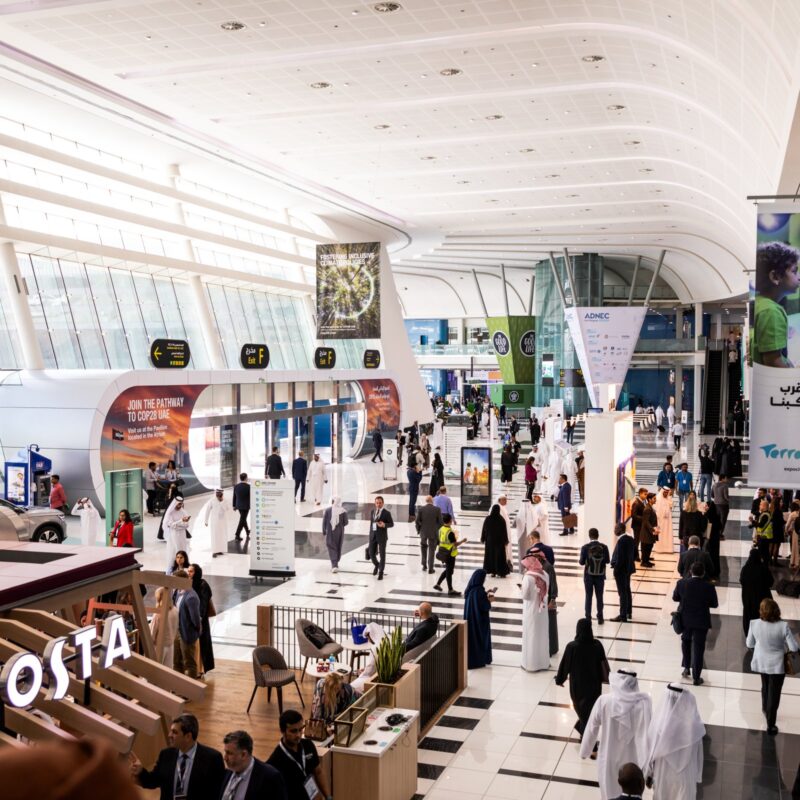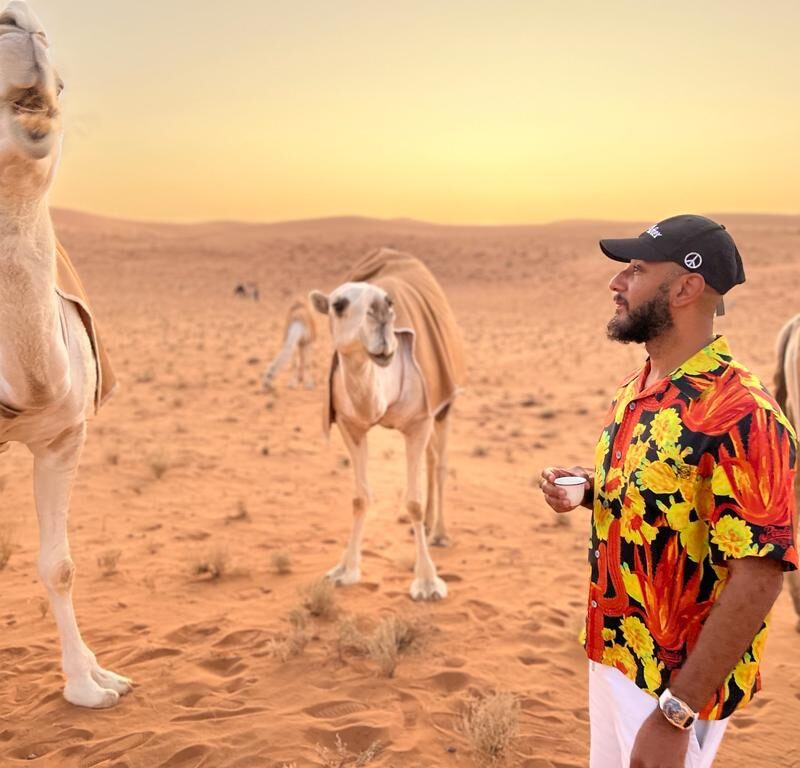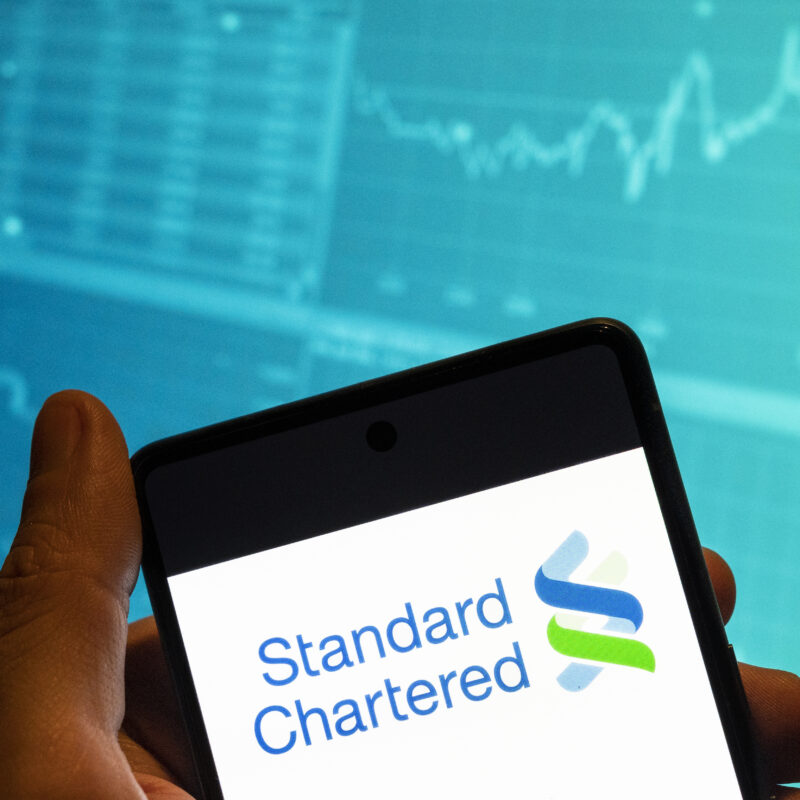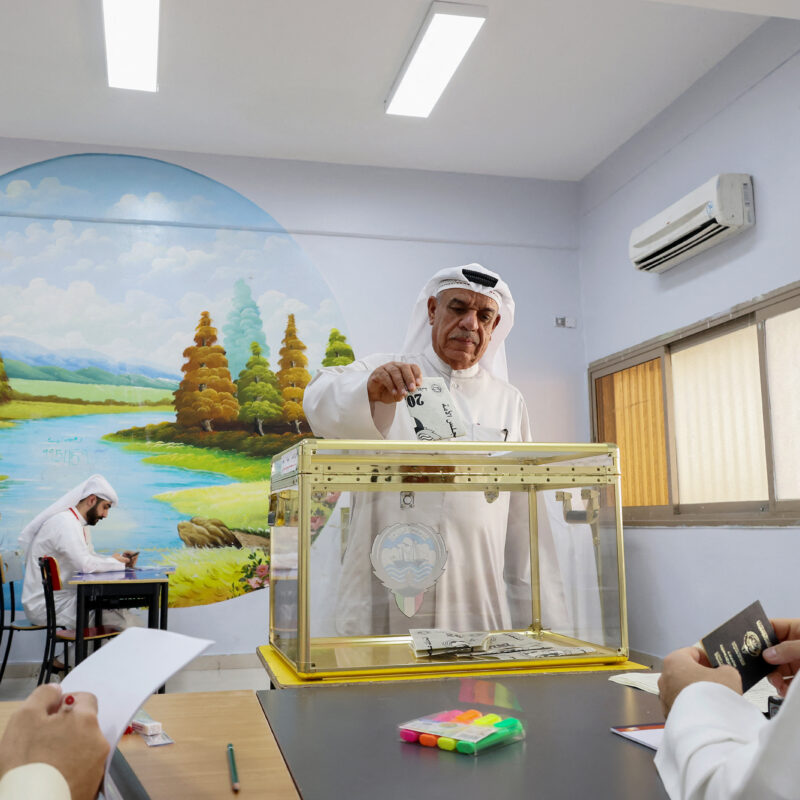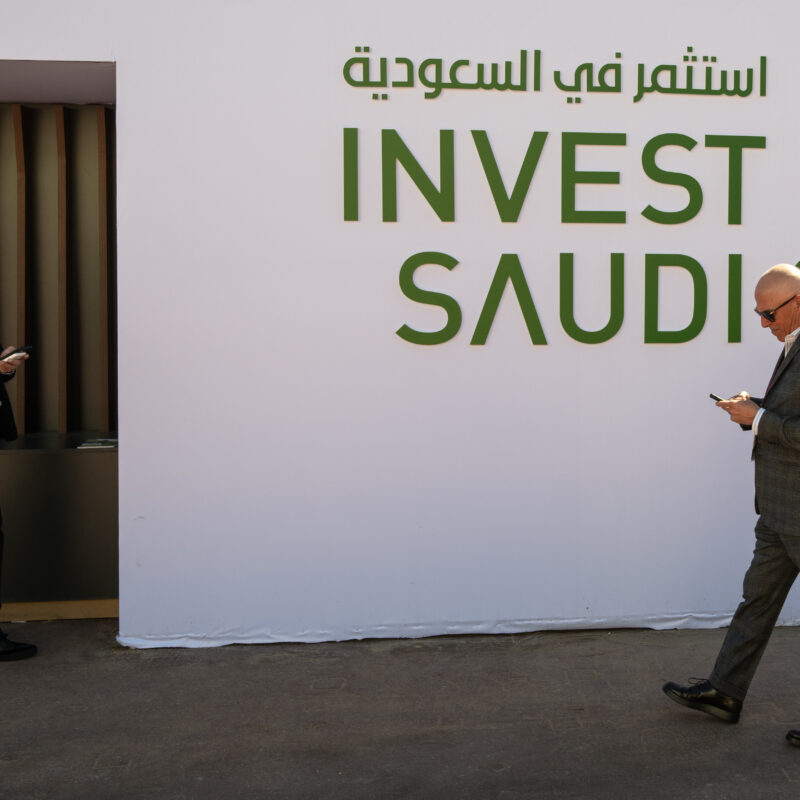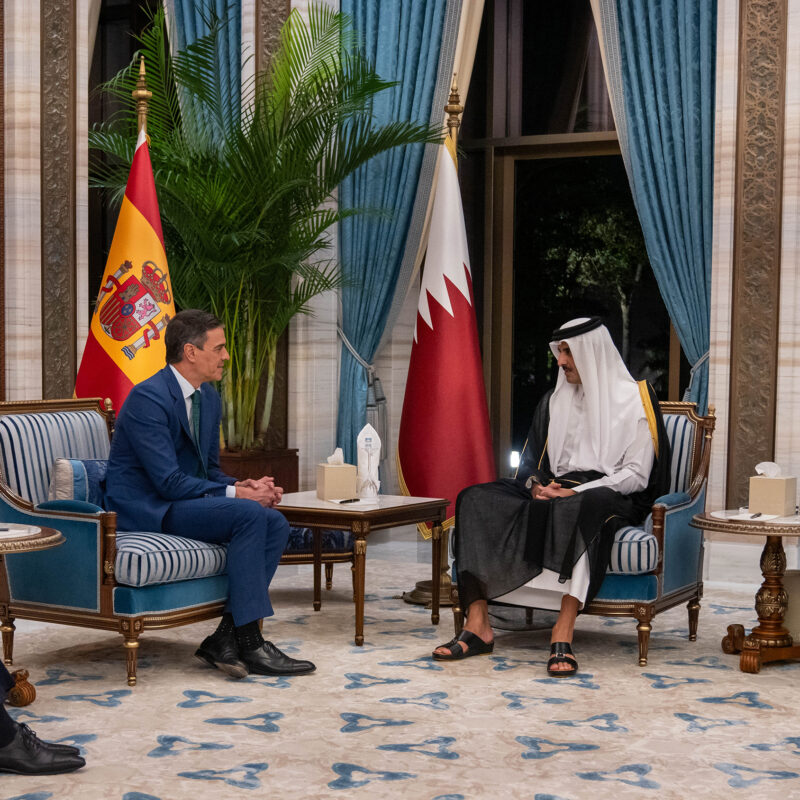Saudi Arabia beats targets in energy, tourism, jobs for women
Increased oil sales boosted Saudi coffers last year, enabling the kingdom to surpass some of the goals outlined in its Vision 2030 blueprint
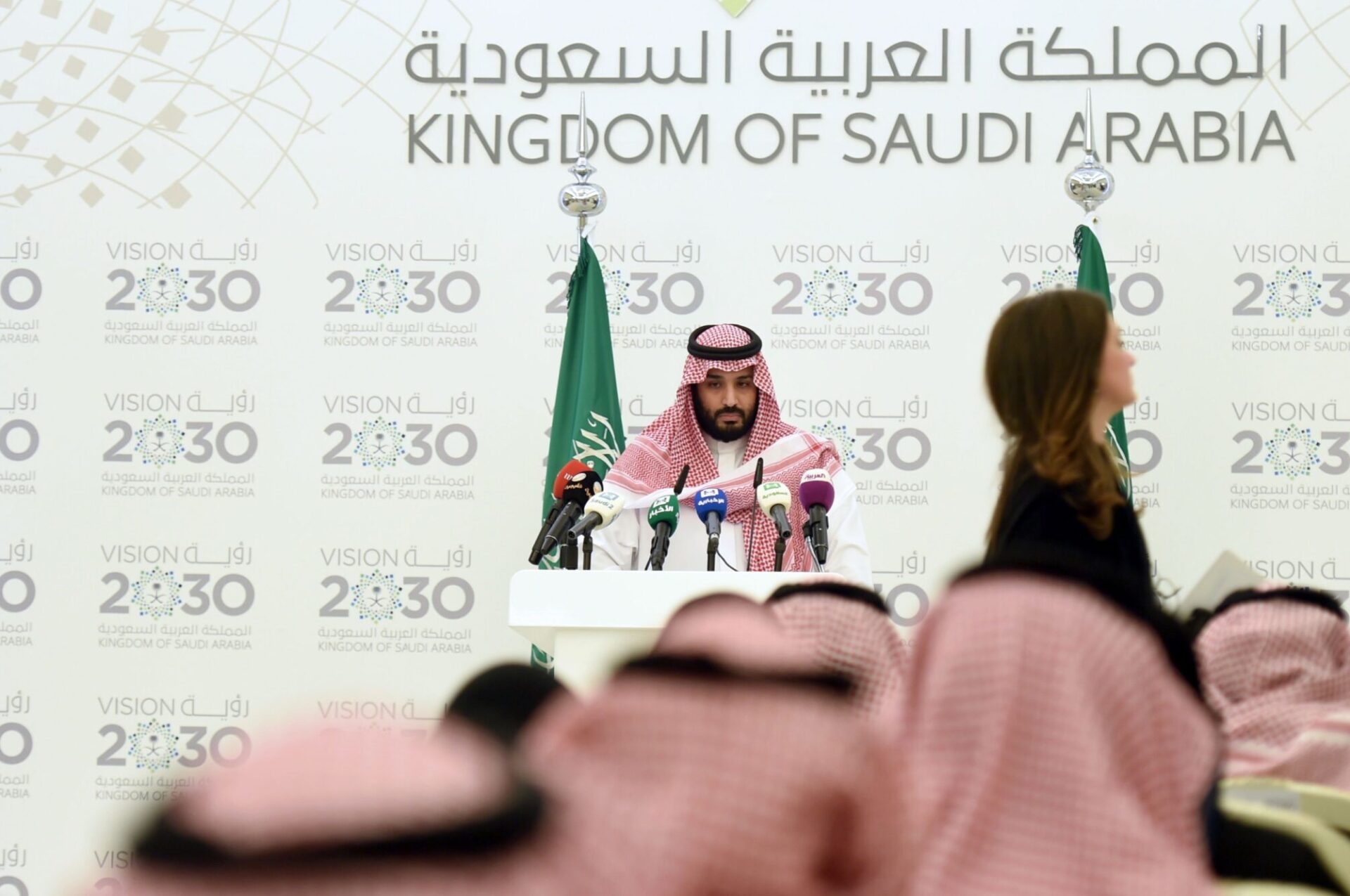
FAYEZ NURELDINE/AFP via Getty Images
Saudi Crown Prince Mohammed bin Salman at 2016 press conference unveiling Vision 2030 in Riyadh
Saudi Arabia’s efforts to jumpstart its alternative energy and tourism industries while bringing more women into the labor market are running ahead of targets, though the kingdom still faces challenges to its aspirations for becoming a global financial center.
Citing the annual report on Vision 2030, the blueprint that was presented seven years ago to guide a dramatic revamping of Saudi society, officials said the improved benchmarks were due to world-leading economic growth in 2022. That growth came from increased oil revenue and bolstered the kingdom’s investment funds.
“Despite the global economic hardships, the country’s economy is growing at an unprecedented rate, and its GDP has risen to a higher-than-expected level,” Mohammed AlQahtani, CEO of government-owned Saudi Arabia Holding Co. said in a LinkedIn post. He said the government is “on track to surpass its Vision 2030 objectives.”
Among the markers outlined in Vision 2030, the annual report said that Saudi Arabia’s 25% share of non-oil exports in non-oil GDP beat its target by 6.3%. Excerpts from the Arabic-language report were posted Friday on the Vision 2030 website, which maps out economic and social milestones for the kingdom’s development over the next seven years.
Tourism revenue grew by 121% last year over 2021 as the country drew 16.5 million foreign visitors. Saudi Arabia introduced an online tourist visa in 2019, making it easier to enter the kingdom. The report said 909,000 direct jobs were created in the tourism sector, exceeding the 2022 target of 617,000.
The participation of women in the labor market doubled from 2016 and reached 34.5% last year, beating the Vision 2030 target for 2022 of 22.8%.
Bringing more women into the workforce and allowing them for the first time to drive were among the dramatic reforms introduced by Crown Prince Mohammed bin Salman, when he unveiled the Vision 2030 plan in 2016.
Writing in the report, the prince, who was appointed prime minister last year by his father, King Salman, said the numbers were promising but must improve. “Our country deserves more than what has been achieved,” he wrote.
Saudi Arabia led the G20 group of the world’s largest economies last year with 8.7% growth in GDP, followed by India at 6.7%.
Middle East risk manager Ghanem Nuseibeh said it was impressive that the Saudis exceeded the “very ambitious” goals set in Vision 2030, while noting the “low bar” from which tourism and the status of women started when the document was written.
“The challenge moving forward will become more difficult,” Nuseibeh, founder of London-based Cornerstone Global Associates, told The Circuit. “This is because moving forward would require upgrading the infrastructure … and convincing foreigners and expatriates to move to Saudi, which is also not going to be easy or cheap.”
Saudi Arabia issued a notice in 2019 requiring multinational companies to locate their regional headquarters in the kingdom in order to sell to the public sector, effective in 2024. Many expatriates are reluctant to move to the country because of its conservative Islamic lifestyle, which prohibits alcohol consumption and has a legacy of restrictions for women, even though the driving ban and dress requirements have been liberalized.
Saudi Aramco, the kingdom’s national oil company, posted 2022 net income of $161 billion, which was the highest profit of any publicly traded company in the world. Its chairman, Yasir Al-Rumayyan, who is also chairman of Saudi Arabia’s $680 billion Public Investment Fund, said at a March conference in Miami, Fla., that he expects the sovereign wealth fund to grow to $1 trillion in assets by 2025 and at least $2 trillion by 2030.
“Will expats swap Dubai for Riyadh? That’s the big question,” Nuseibeh said. “Saudi Arabia can do it, they have the right leadership to implement it and they have the ingredients to make it happen. But turning those ingredients into reality will take time.”
